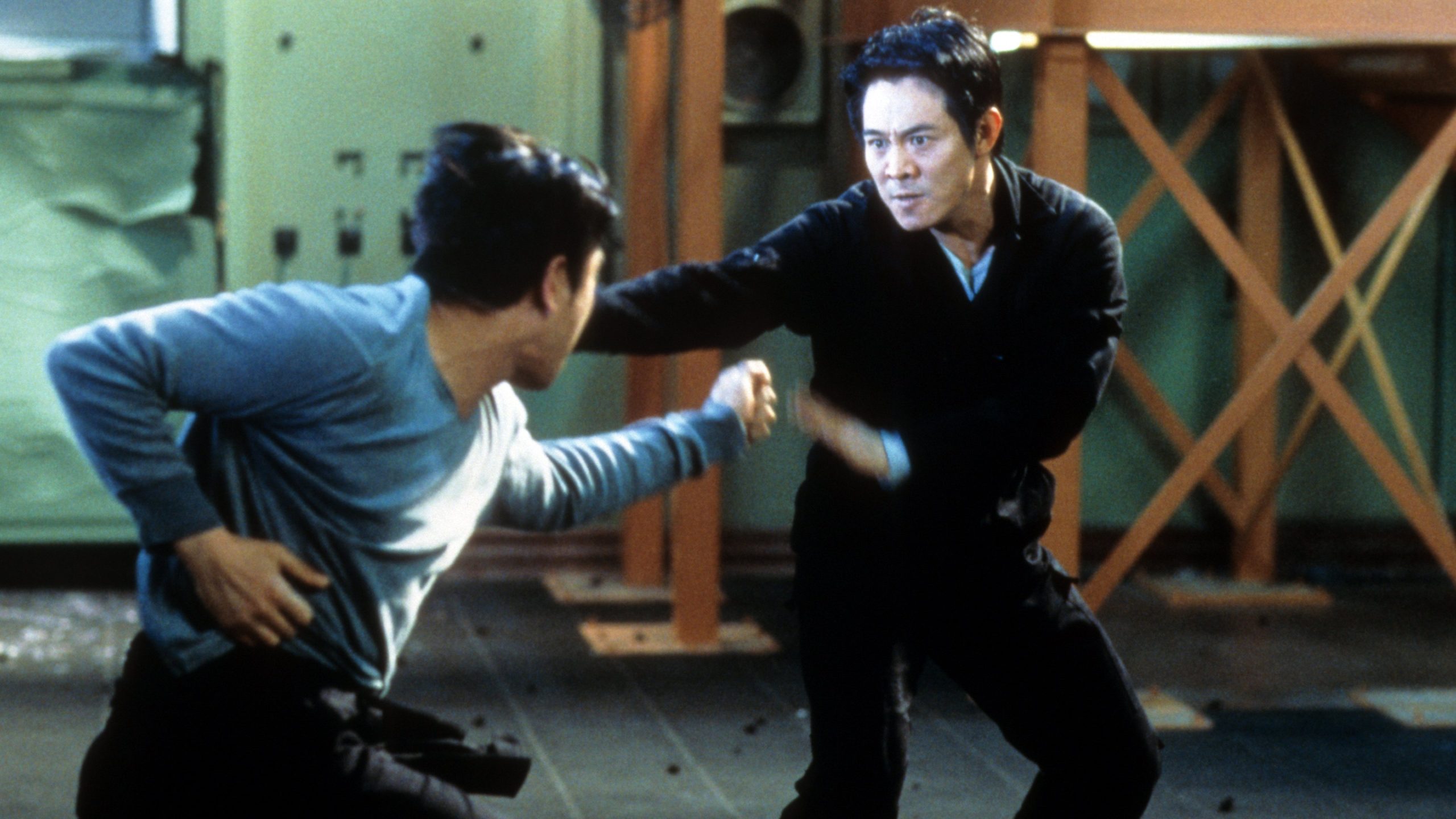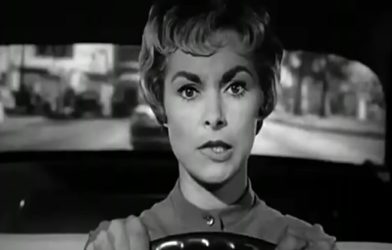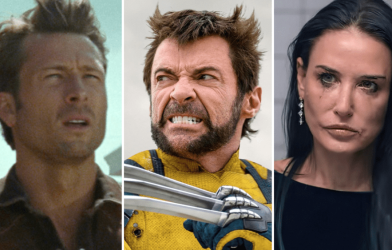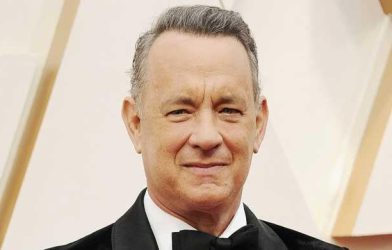If that last line sounds amazing, then let me pump the breaks a bit. Combs and Divoff really have supporting parts. The true star of Faust is Mark Frost. No, not the co-creator of Twin Peaks, but the English actor now best known for Coronation Street and Doctors. As John Jaspers, a man who makes a deal with the satanic M (Divoff) to get revenge on the gangsters who killed his girlfriend, Frost looks more like Jim Carrey than Christian Bale, resulting in unconvincing brooding that not even Combs, who plays a detective on the case, can rescue. However, once Jaspers takes his grotesque superhero form as Faust, with a fleshy-costume that looks like a mix of Wolverine and Batman, plot goes out the window and absurdity reigns supreme.
Brotherhood of the Wolf (2001)
The 2000s would see the launch of the Underwold franchise, perhaps the decade’s most enduring horror/action mashup. But the best genre crossing occurred overseas, with the French period piece Brotherhood of the Wolf, directed by Christophe Gans. Set in 1764 France, Brotherhood of the Wolf has a pulpy premise, in which the knight Grégoire de Fronsac (Samuel Le Bihan) and his Iroquois sidekick Mani (Mark Dacascos) investigate what appear to be wild animal attacks in a small village.
What follows from their is a conspiracy thriller that may or may not involve werewolves. Gans and his co-writer Stéphane Cabel play fast and loose with the specifics of the threats, but they make up for it with a delicious cast, which includes Vincent Cassel and Monica Bellucci. Even better are the stylish fight scenes, as Grégoire and Mani battle their mysterious adversaries, without truly understanding what they’re up against.
The One (2001)
Like Faust, The One also foreshadows a subgenre all the rage today: the multiverse. The One comes from the creative duo James Wong and Glen Morgan, known for some of the best episodes of The X-Files ever. Wong directs a script he and Morgan wrote, in which Jet Li plays Gabe Law, a policeman hunted by his malevolent double. Wong and Morgan go deep with the sci-fi worldbuilding, which involves the MultiVerse Authority (MVA, surely inspired by Marvel’s Time Variance Authority, then still a minor concept from Thor and Fantastic Four comics) and rogue agent Gabriel Yulaw (also Li).
Despite embracing The Matrix just a few years earlier, audiences in the 2000s found the dense world-building of The One baffling. However, modern viewers have been trained by Spider-Man: No Way Home and Everything Everywhere All At Once to accept such outrageous premises. And once they don’t have to worry about exposition, viewers are free to watch the martial arts spectacle of not one, but many Jet Lis.
The Musketeer (2001)
Peter Hyams is the quintessential 3-star director. All of his movies exceed expectations while failing to live up to their full potential, and The Musketeer is no exception. On the surface, The Musketeer sounds like the most 2000s concept of all time, a parkour-heavy, wuxia-inspired take on the Alexandre Dumas novel The Three Musketeers. Below the surface, well, that’s exactly what The Musketeer is.









